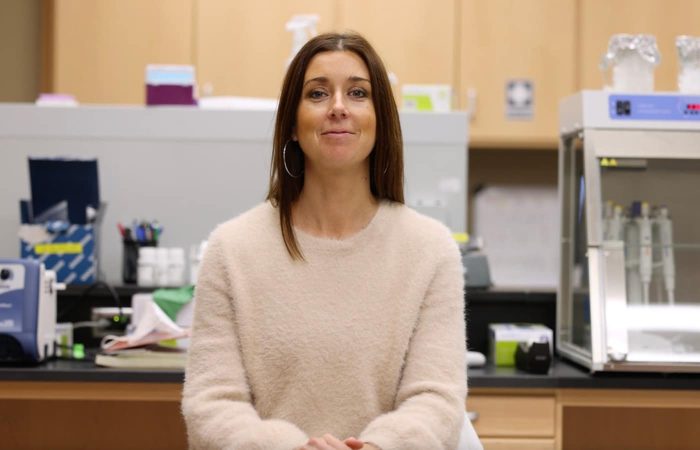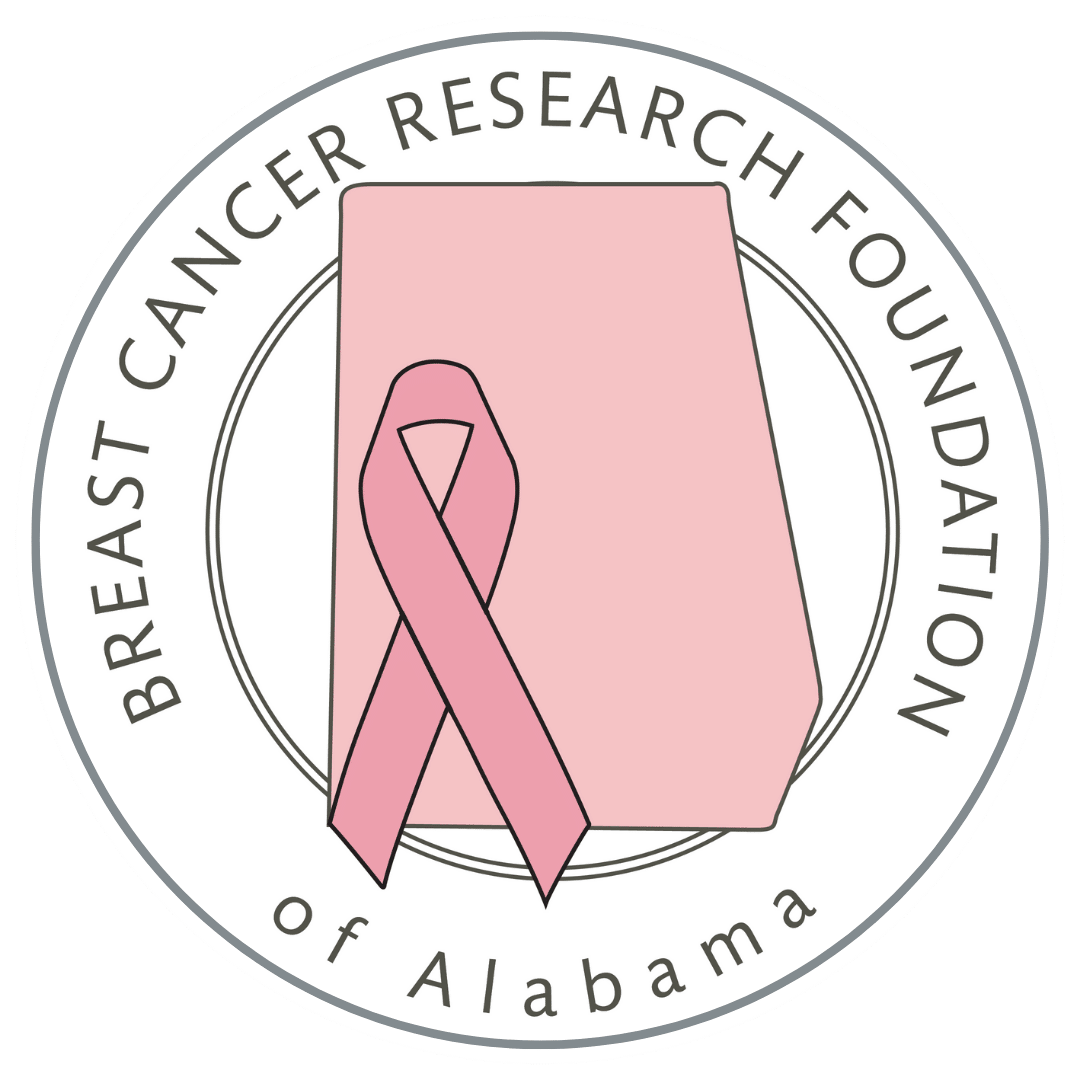Dr. Laura Rogers, Professor in the Division of Preventive Medicine, Department of Medicine at the University of Alabama…

Auburn Researchers Uncover Hereditary Breast Cancer Risk Factors in African American Community with BCRFA Funding
This article originally appeared on Auburn University’s College of Veterinary Medicine website. Dr. Merner’s research is fueled by a BCRFA grant.
A team of researchers in the Auburn University College of Veterinary Medicine is working to identify and study genetic factors associated with hereditary breast cancer in the African American community. According to Dr. Nancy Merner, team leader and assistant professor of pathobiology, it is an area where further research has been badly needed.

“African American women have higher breast cancer incidence rates before the age of 40 than other ethnic groups in the United States,” Merner explained. “They are also more likely to be diagnosed with triple-negative breast cancer, a more aggressive subtype with a poor prognosis. These facts, coupled with reports of African American males having higher breast and prostate cancer frequencies than other ethnicities, suggest that hereditary factors are involved.”
Despite the higher incidence of these cancers in the African American community, Merner said there have been an insufficient number of studies to determine the causes. So, she and her research group have sought out families with a history of such cancers while traveling the state, spreading cancer awareness in a pink bus called “the Gene Machine” and — during the pandemic — using online resources.
Dr. Merner’s team carries out two similar breast cancer genetic studies, each focused on a different species — humans and canines. Due to the genetic similarities of the two species, when studied in parallel, disease gene discovery efforts that apply to both species are greatly enhanced. Purebred dogs with canine mammary tumors (CMTs) represent very practical models for human breast cancer; however, as is the case with hereditary breast cancer studies in the African American community, the genetics of hereditary CMTs is incredibly understudied. Aligned with the college’s One Health focus, Merner’s canine model of hereditary breast cancer will provide a better understanding of inherited breast cancer risk in both dogs and humans and, in turn, better understanding of increased disease frequency affecting African Americans.
“There is a critical need to identify and study genetic factors associated with African American hereditary breast cancer,” Merner explained. “Our group has established the Alabama Hereditary Cancer Cohort for genetic analyses. Alabama is a severely medically underserved state, with double the national percentage of African Americans. Therefore, we developed strategic recruitment protocols to break down research participation barriers in order to recruit African American hereditary breast cancer cases and families effectively.”
Utilizing data gathered from those participants and others, Merner and her team have conducted gene sequencing and identified protein-truncating variants (PTVs) specific to African Americans that appear to increase inherited breast cancer risk. PTVs are genetic variants that shorten the protein-coding sequence of genes and may cause them to malfunction.
“We plan to identify these PTVs associated with breast cancer among African Americans and study how they increase risk,” Merner said. “The impact of this work will be substantial for this understudied and underrepresented group. Risk variant identification can lead to better risk assessment and tailored therapies, reducing breast cancer-related deaths.
“Ultimately,” she added, “this study will not only identify African American breast cancer risk variants, but generating and sharing this data on both African American and canine hereditary breast cancer cases will add to the limited resources currently impeding discoveries. And finally, by carrying out sub-type analyses, this study could specifically impact women diagnosed with triple-negative breast cancer, reducing the number of deaths from this aggressive breast cancer sub-type through better risk assessment and tailored therapies .”
Dr. Merner has received two recent BCRFA grants for research focused on breaking research participation barriers and the identification of genetic risk factors associated with hereditary African American breast cancer.



